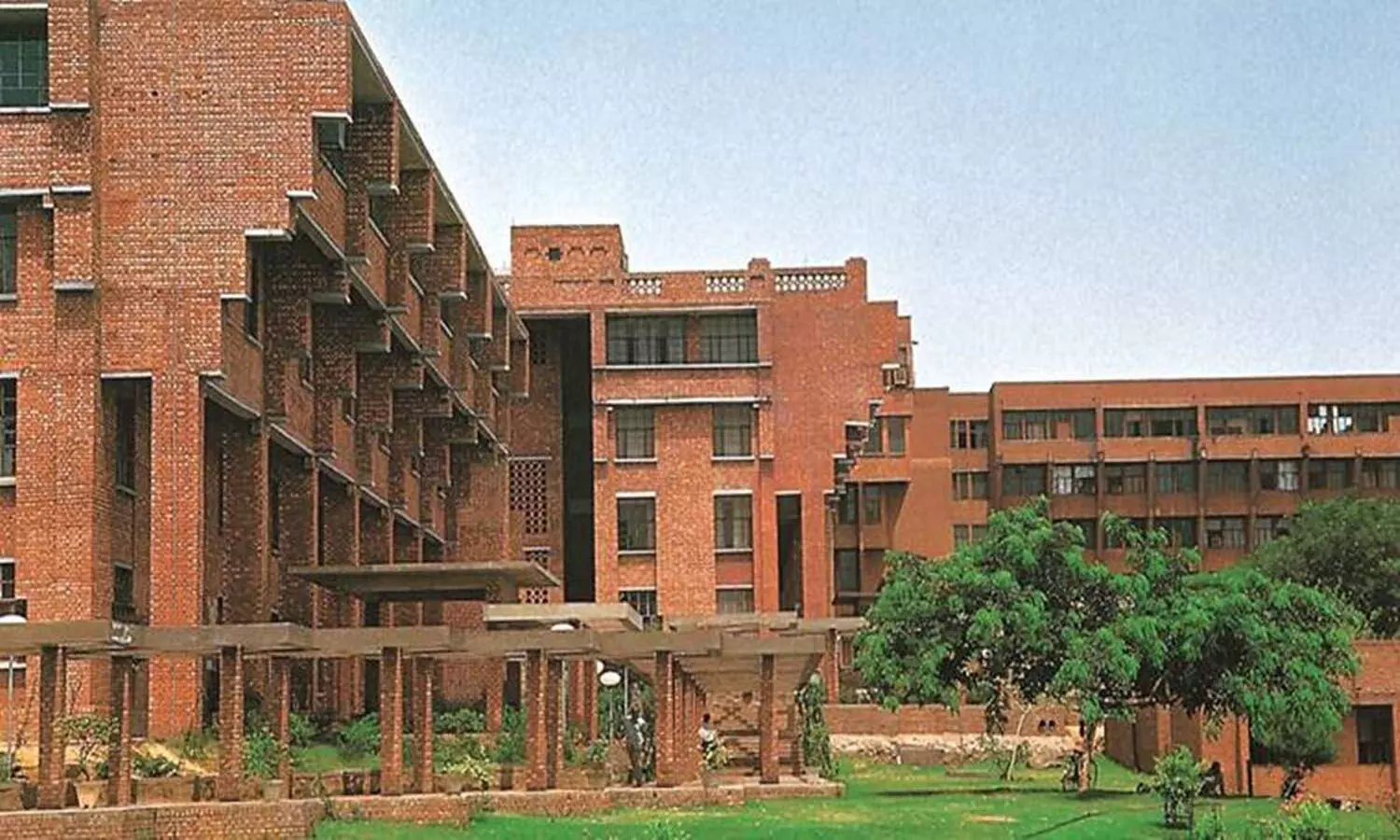TRENDING TAGS :
JNU General Body Extends Age Limit for Students' Union Polls: A Step Towards Inclusivity
This inclusive move aims to provide opportunities for students impacted by the prolonged absence of elections.
In a significant move, the Jawaharlal Nehru University (JNU) general body has unanimously passed a resolution to extend the age limit for students aspiring to contest the Students' Union polls by two years. This decision comes after a four-year hiatus in JNUSU elections due to the COVID-19 pandemic.
The University General Body Meeting (UGBM), reconvened on Monday amid clashes between RSS-affiliated ABVP and Left-backed groups, addressed the concerns of students who were unable to participate in the democratic process due to the prolonged absence of elections. The decision to extend the age limit aims to provide an opportunity for students who exceeded the age criteria set by the Lyngdoh Committee Recommendations.
The Lyngdoh Committee suggests an age bar of 17 to 22 years for undergraduate candidates, 25 years for postgraduate candidates, and 30 years for Ph.D. candidates. The resolution emphasizes the need to uphold the democratic values of the students' union elections, ensuring that every eligible student has the chance to participate in the upcoming JNUSU polls for the academic year 2023-24.
The document released by the varsity on Monday night states, "The JNUSU elections have not been held after the academic session of 2019-20 for four consecutive years, depriving students who have exceeded the age bar set by the Lyngdoh Committee Recommendations of their right to participate in the democratic process of the students' union elections."
This extension of the age limit is seen as a positive step towards inclusivity, allowing a broader spectrum of students to engage in the electoral process. The move is particularly significant as it aims to rectify the impact of the extended gap in elections, ensuring that no eligible student is deprived of their right to contest.
The UGBM also addressed other crucial matters, passing a resolution to include two JNUSU office bearers to preside over school general body meetings in the absence of elected councillors. This additional measure contributes to the smooth functioning of the school-level committee, reinforcing the democratic structure within the university.
As the University takes steps to reestablish the electoral process, the focus remains on providing equal opportunities to all eligible students. The decisions taken during the UGBM reflect a commitment to inclusivity, ensuring that the democratic principles underlying students' union elections are upheld.



